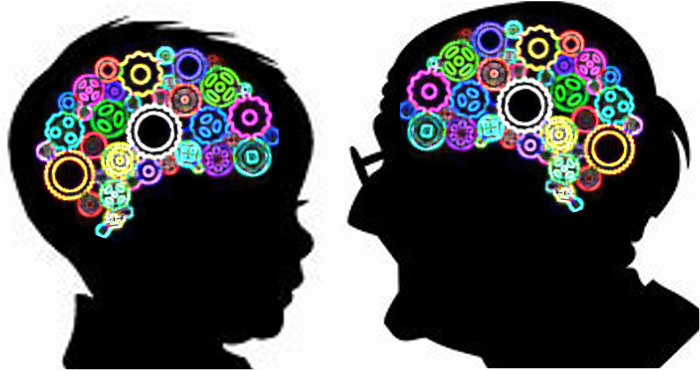Project Background
As the worlds' population becomes increasingly older, there is a critical need to develop and implement interventions capable of minimizing the negative consequences of aging on cognitive functioning. Importantly, the success of these interventions depends, in part, on a comprehensive understanding of the associated neural underpinnings. This information is vital for such interventions to be optimized and result in the greatest cognitive improvements. The goal of the proposed research is to test whether aerobic exercise, an intervention that has shown potential to enhance cognitive functioning in older adults, can modulate the functioning of the hippocampus in an aging population. Specifically, we aim to (1) leverage recent methodological advances in magnetic resonance spectroscopy (MRS) to reveal the impact of acute exercise on in-vivo levels of the principal inhibitory neurotransmitter (gamma aminobutyric acid - GABA) in the hippocampus of older adults; and (2) test whether this effect is mediated by the modulation of specific blood biomarkers of neural plasticity that are known to play a key role in inhibitory synaptic transmission. Results from this research will provide the foundation for future research that will optimize exercise prescription in order to maximize the modulation of hippocampal inhibition and ultimately cognitive functioning in older individuals.
Student Role
Joining the Lifespan Motor Neuroscience (LMN) Lab at the University of Utah would provide the student the opportunity to take a leading role in the interdisciplinary project described above. The student will work closely with the Principal Investigator, collaborators and graduate students to complete all stages of the research project, including data acquisition, data analyses, results presentations and scientific writing. The student would also be fully integrated within the LMN lab and would be expected to be an active contributor in our team meetings, journal clubs and other regularly scheduled lab events. In brief, the summer experience in our lab is designed to mimic the experiences of graduate students, thus preparing students for a potential future in graduate school.
Student Learning Outcomes and Benefits
This undergraduate research opportunity will provide a student with extensive experience in human subjects research in the domains of exercise interventions and cognitive neuroscience. Specifically, the student will be integrated within our research team and will:
• Receive training in research ethics and good clinical practices in human subjects research
• Learn how to interact with and acquire data from young and older adult participants
• Learn the foundations of scripting in software commonly used for data processing and statistical analyses (e.g., MATLAB)
• Learn principles of exercise testing and exercise interventions
• Learn basic principles of biological sample acquisition and processing
• Learn basic principles of magnetic resonance imaging (MRI) approaches
• Become familiar with procedures for the acquisition and analysis of MRI data
• Gain experience with project/results presentations and scientific writing
• Contribute to published research
These outcomes and experiences offer an ideal mix of research domain-general skills (i.e., ethics, scripting, writing, presentation) and domain-specific skills (i.e., acquisition and analyses of brain imaging data). This will ultimately provide the student with an excellent foundation to pursue graduate training and/or a career in science, and in cognitive neuroscience in particular.

Bradley King
As a mentor, I aim to find an appropriate balance between providing hands-on guidance to help students achieve their goals and giving enough space for students to make progress towards becoming independent researchers. This is certainly a delicate balancing act, but my previous experiences have taught me that this can be achieved via effective and honest communication between mentor and mentee. As part of this undergraduate research opportunity, students can expect:
- 1-on-1 meetings (mix of online and face-to-face) to discuss the student’s research interests, goals for this program, avenues to facilitate attainment of these goals and evaluation of progress;
- integration within a team of researchers in order to learn from multiple individuals with distinct skill sets and previous experiences;
- honest and constructive feedback;
- direct instruction outlining the student’s responsibilities; and,
- the necessary support for the student to not only complete the components of SPUR but take full advantage of the program’s offerings
